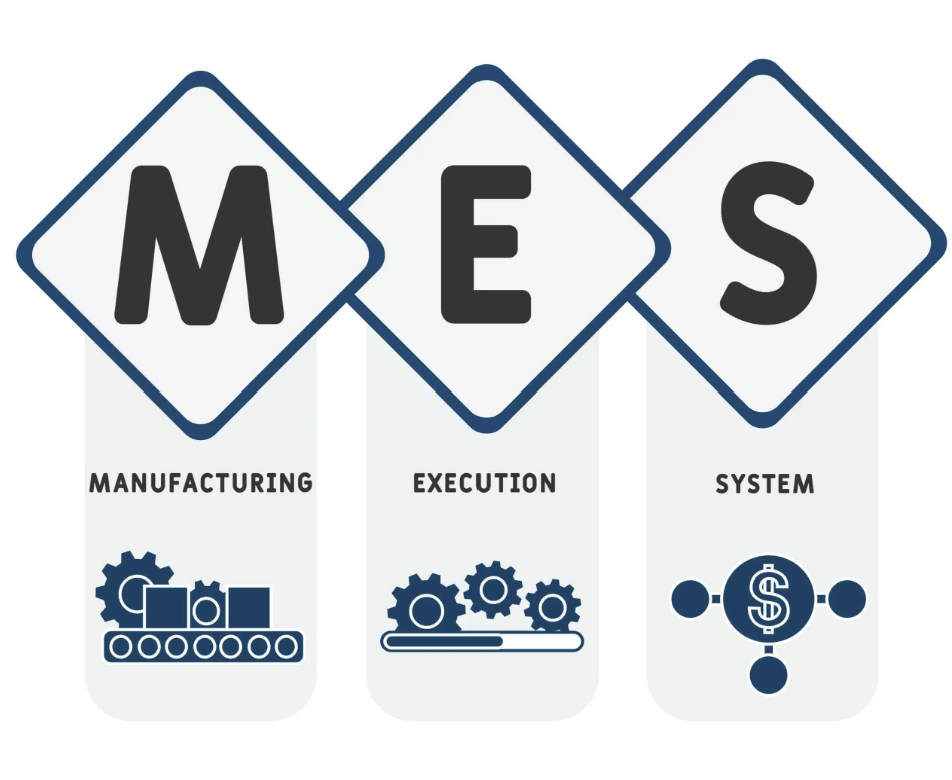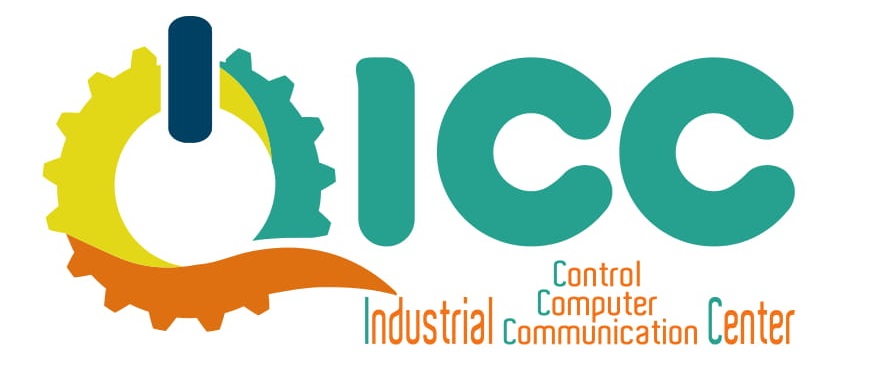

9.01.2024 16:40:57
Industrial Panel PC Applied in MES System
Geschrieben von: ICC Dijital
Companies are paying more attention to responding quickly to market changes and meeting customer needs with constantly improved services.
Manufacturing Execution System (MES) is a concept introduced by AMR (Advanced Manufacturing Research) in the early 1990s. Its main purpose is to strengthen the execution function of Material Requirements Planning (MRP) systems, link MRP plans with workshop floor control and integrate with execution systems. MES includes various elements in workshop floor control such as PLC (Programmable Logic Controller), data collectors, bar codes, measuring and testing devices. The MES system creates the necessary interfaces to establish a collaborative relationship with manufacturers that provide production site control facilities.
MES functions as an intermediary layer within a broader facility system and is responsible for integrating all facility systems and creating a unified data platform. It connects with upper-layer Enterprise Resource Planning (ERP) systems and communicates with lower-level systems, such as PLCs, sensors, RFID (Radio Frequency Identification) devices, scanners. MES automatically receives work orders from ERP systems, plans production and issues production instructions to operators or lower-level equipment.
It has designed a range of industrial computing solutions such as industrial tablet PCs, industrial Panel PCs and industrial box PCs to support MES applications in different industrial settings. These industrial Panel PCs are designed for stability, durability, trouble-free operation, easy installation and maintenance.
MES plays a critical role in transparently managing the production process and addresses the limitations of planning control that ERP or MRP systems focus on execution on the production floor. MES optimizes the entire production process, from issuing production orders to completing the products, through data transfer.
Using technologies such as barcode scanning technology, digital terminals, equipment chip storage, and RFID, MES systems collect in-process products, materials, and manufacturing process quality information in real time. This data is used to create an integrated shop floor control and quality management platform, thereby improving product quality and customer satisfaction by meeting real-time monitoring and full traceability requirements.
MES manufacturing execution solutions combine best practices from leading local and international manufacturing businesses. It integrates elements such as personnel, equipment and materials into a smart manufacturing supply chain platform, reduces manual errors, increases production line efficiency and provides precise data for product and production line statistics. This result helps in rapid response to customer needs and gaining a reputation as an excellent manufacturing enterprise.
The main components and modules of MES systems include:
1. Production Planning and Scheduling: This module bridges the gap between macro planning management and micro production scheduling optimization management. It ensures on-time delivery of customer orders while maximizing production capacity by providing efficient planning and detailed production capacity scheduling.
2. Production Process Control: This module monitors the production process and is designed to prevent errors, missing parts and incorrect assembly. Collects real-time data from the workshop, tracks the production and quality status of products, materials and finished products.
3. Data Collection: MES systems collect two types of data, based on automatic identification technologies such as barcodes and RFID for discrete industries and instrument data collection for equipment used in material handling and liquid production. Industrial touch screen panel PCs play a role in controlling and displaying this data.
4. Quality Management: The quality management module records and analyzes the production and life cycle for the entire product, from suppliers to raw materials and after-sales service. On the basis of production process control, it strictly controls the quality problems in the production process. This helps prevent the flow of defective products and reduce the rate of defective products.
As a result, MES systems, when implemented effectively in industries such as the automobile sector, enable real-time monitoring of assembly line operations, facilitate collaboration through information systems, increase production efficiency and product quality, and improve the overall economic benefits of businesses. Industrial panel PCs and similar technologies are important to achieve these results within the MES framework.
ICC DIGITAL INDUSTRIAL TECHNOLOGIES Bv.
Wittestraat 103/Bus 2, 2020 Antwerpen Belgien
Telefon: +32 486 52 34 00
E-Mail: info@iccdigital.eu
Web: https://www.iccdigital.eu
Mehrwertsteuer / BTW: Sei 0793.849.582

